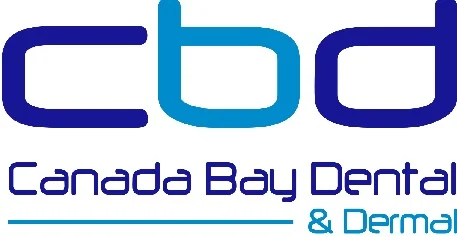How Does Food Create Cavities, Anyway?
/For our whole lives, we’ve been hearing about how we could get cavities from eating too many sweets, from not brushing our teeth well enough, or often enough. But how does it actually work? What is it about food that has the potential to create cavities in our mouths?
What Exactly is a Cavity?
A cavity is a hole in a tooth that develops over time from an infection. The process has a number of steps, and can actually be reversed if it’s caught early enough! That’s why it’s important to understand how it works, and what you can do to prevent the progression of the infection.
How Food Can Pose a Danger to Our Mouths
We all have many different kinds of bacteria living in our mouths. Most of these are relatively harmless, but there are certain kinds of oral bacteria that feed off sugars and starchy foods to create acids that can eat through the surface of our teeth. This harmful bacteria creates a film over the teeth, called dental plaque.
Plaque starts by eating through the tooth’s outer covering, or enamel. If it continues to eat away beyond the enamel, it will begin to bore down into the inner layers of the tooth. This is when we develop cavities. If left unchecked, the infection can reach closer to the root of the tooth, causing a toothache. Eventually, this sort of infection can cause the loss of the tooth. If the infection continues to spread to other parts of the body, it can become very dangerous, even life threatening.
The enemies of dental plaque are saliva and fluoride, which combine to form minerals that protect the teeth against this acid attack. If the plaque is caught early enough, before it gets past the enamel, the effects can be reversible. However, once it spreads deeper into the tooth, more permanent damage can result.
Protect Your Teeth By Eating Well
First of all, it’s important to eat well. This is a practice whose benefits will extend well beyond our dental health into our overall health. Eating a generous amount of fresh fruits and vegetables is essential. Lean meats, fish, eggs and poultry are all important parts of a balanced diet, as they supply much needed protein and amino acids. Vegetarians must make sure to get sufficient protein from other sources such as nuts and legumes.
Dairy is an important source of calcium, an essential building block for strong bones and teeth. Fresh milk, yogurt and cheeses are all good sources of calcium. Dairy free sources of calcium include leafy green vegetables, seafood, legumes and fruits. Regardless of your dietary regimen, there are sufficient ways to obtain the necessary protein and calcium needed to protect your teeth. You just have to do it!
Other Preventive Measures You Can Take
According to the ADA, there are a number of simple measures you can take to prevent cavities. These include the following:
Brushing and flossing regularly: The standard recommendation is to brush twice a day and floss once a day, more often if you eat anything particularly sweet or sticky.
Avoiding sugary and acidic snacks between meals: This is definitely the chief culprit in creating the conditions for dental decay to form. Even so called healthy snacks like muesli or granola bars are sugary and sticky, and will leave cavity causing residue in and between teeth.
Including calcium rich foods such as milk, yogurt and cheese: This helps to neutralize acidity and strengthen teeth.
Drinking fluoridated water: Although there has been some controversy about this in the past, studies have shown that drinking fluoridated water, especially in children, can significantly cut down on the incidence of cavities.
Chewing sugarless gum: This can be a great help, as it stimulates the production of saliva, which protects against cavity formation.
Finally, it’s important to visit your dentist every six months for a regular check-up and cleaning. We can evaluate how well you are doing at taking care of your teeth and whether or not any dental decay is underway in your mouth. If necessary, we’ll be able to counsel you on your dental care habits and offer the proper care if any cavities have developed.
We look forward to seeing you at your next appointment!
